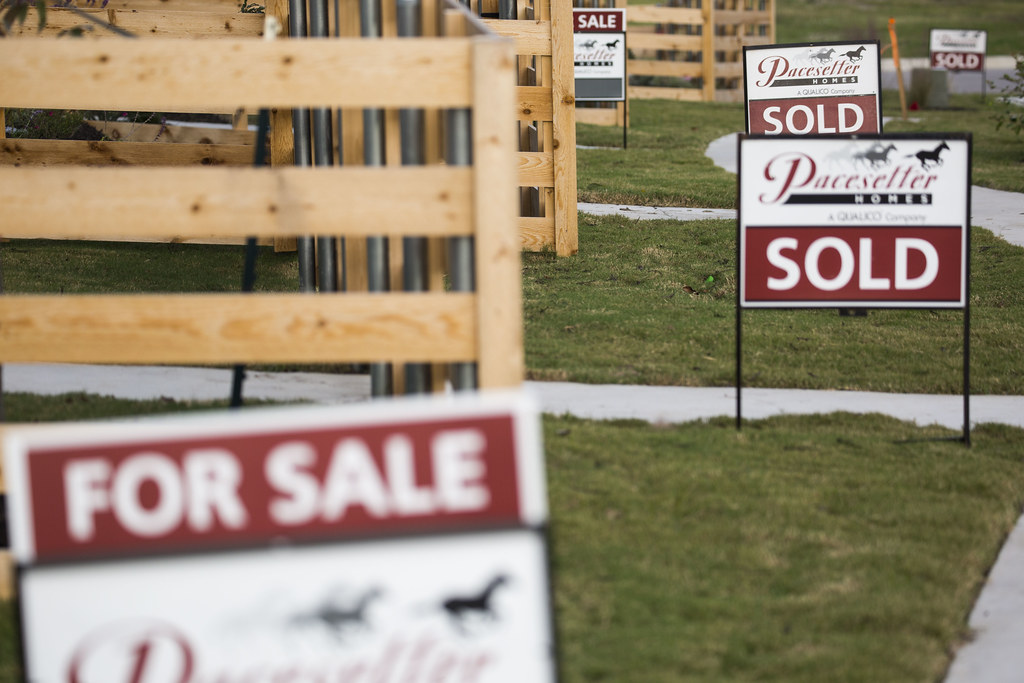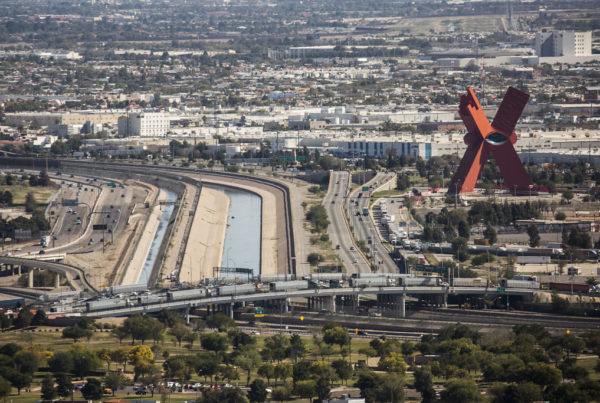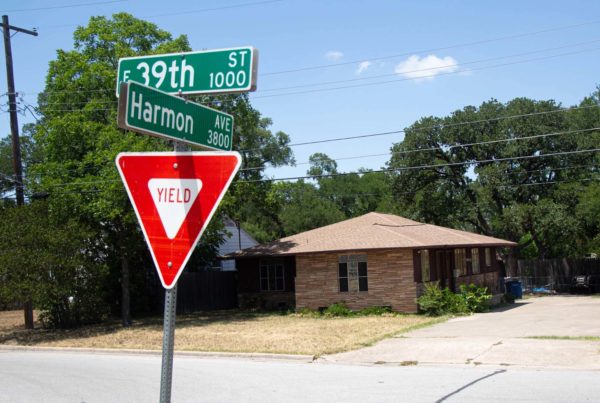If Texas were its own country, it would have one of the top 10 largest economies in the world.
Leading up to the pandemic, the state had an incredibly tight labor market when the unemployment rate – the number of people who want jobs but are unable to find them – was at 3.5%. Then came the coronavirus pandemic, a development that not only temporarily threw the economy into a tailspin, but introduced a number of factors that have complicated the recovery.
Inflation is high, but employment is strong. Housing prices skyrocketed across the state, but now they’re starting to drop. The Texas economic outlook is generally strong, but not everybody feels that way.
Christopher Slijk, an associate economist at the Federal Reserve Bank of Dallas, joined the Texas Standard to talk about research the Dallas Fed has done on the Texas economy.
The transcript has been lightly edited for clarity.
Texas Standard: Is the nation in a recession?
Christopher Slijk: I think it’s early to say. I think there’s certainly signs of slowing in the economy. But I don’t know that we’re in the position right now to say certainly whether the nation is in a recession at this time.
How’s Texas looking when compared to the rest of the country?
Quite good. I mean, if we look at activity here, everything is still growing. We have seen some signs of deceleration in the economy in recent months. But if we look at employment, which is one of our go-to indicators, we really see very little signs of slowing there. We had a number of very strong job growth months. And our outlook forecast for the year is for us to see a little bit of slowing going in the second half. But by and large, we should still be well above our historical trend rate of growth. And then we should finish off the year quite strongly.
What accounts for that relative robustness in Texas, from what you can tell, especially as we’ve seen consumer prices rising and other issues?
I think there are a number of factors. Energy prices obviously are up, and that’s not great if you’re a consumer and your main interaction with energy prices is your electric bill or at the gas pump. But if we look at Texas on net, Texas tends to be a beneficiary of high energy prices. Obviously, we produce a lot of energy, oil and gas in the state, and that filters into a lot of job growth and expansion in industries that are in oil and gas and tangentially related to oil and gas.
We also have had a lot of in-migration during the course of the pandemic. That was something that I think would have been surprising at the onset of the pandemic in 2020 – if you told us that we were going to see a lot more people moving into Texas, I don’t know that a lot of us would have expected that, but we have seen actually an increase in in-migration since the pandemic, and that’s certainly both people and firms, and that’s really helped continue to drive the economic expansion in the state as well.
But it’s also driven house prices up, and many cities are complaining of a housing shortage. How is that affecting the Texas economy?
Certainly historically sort of a low cost of living, low cost of housing has been an advantage in Texas. And that relative advantage has been eroded in recent years because of the sharp increase in housing prices. The more recent data does suggest that that has begun to taper off. We’ve seen cooling off in housing markets, certainly across the hottest metros like Austin and Dallas-Fort Worth. But prices are much more elevated than if we compare back to 2019 or early 2020.
There’s an unofficial term that’s been floating around social media lately: vibecession. It sort of describes a situation where things like jobs and gas prices are technically trending in the right direction, but people still don’t feel excited about the economy. Do you think there’s any merit to that framing?
Yes, I think certainly. And this is something that we’ve seen in the data as well, in our surveys. The hard data still seems to point to a very robust economic growth. But the sort of uncertainty, the outlooks are much more gloomy. And we’ve seen, you know, quite a bit of a disconnect, I think, between the sort of actual kind of output numbers, employment numbers and the sentiment, which I think is much more negative.
Relative to the rest of the country, that Texas Miracle sobriquet has been around now for a little bit more than a decade. Does it still apply? I mean, is Texas unique among the states when it comes to its economic performance? Or are we in the same basket as everyone else?
The determinant of how well a region grows, I think, comes down to where do people want to live and where do businesses want to move and do business. And I think by and large, those two measures seem to suggest that Texas still has a lot of room to run in terms of future growth.













